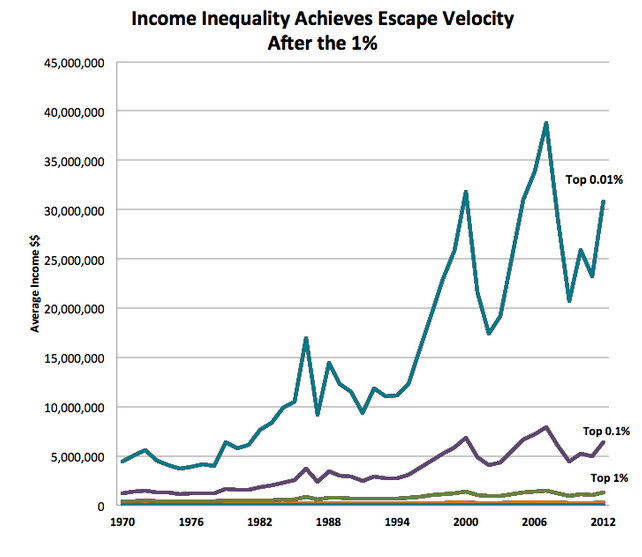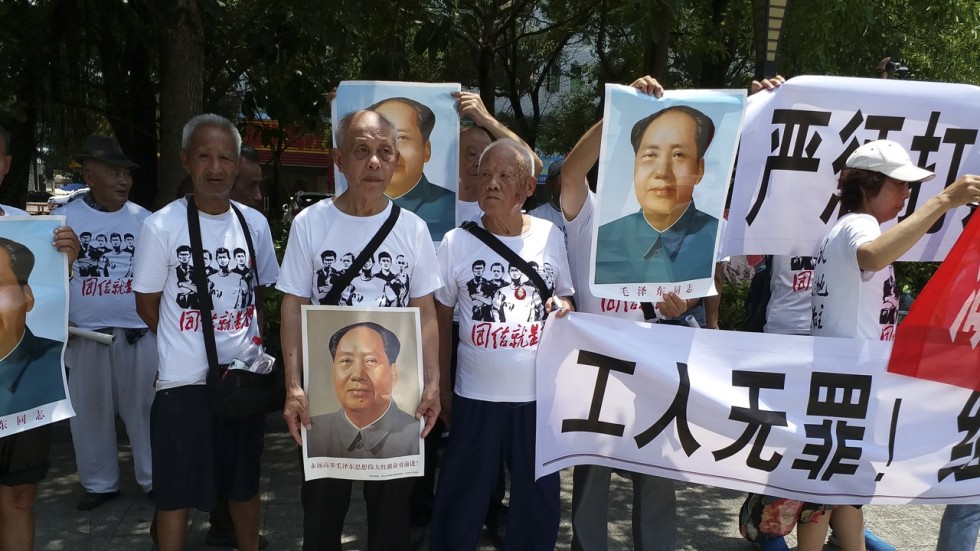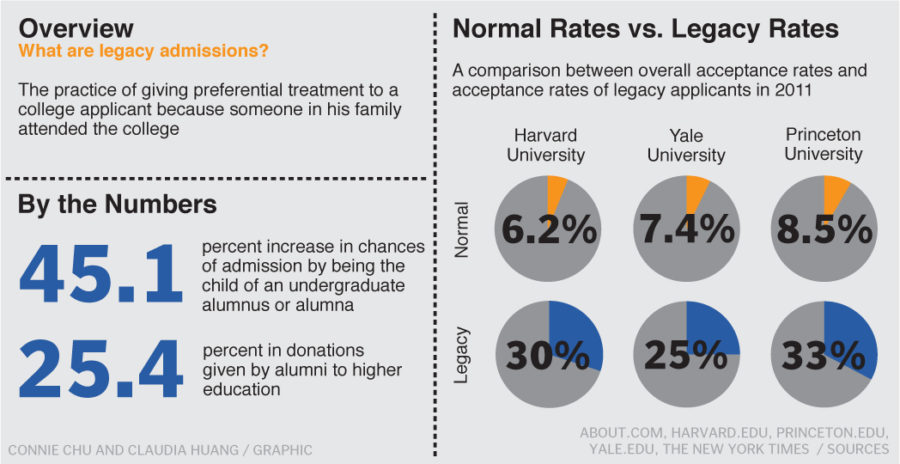-
Notifications
You must be signed in to change notification settings - Fork 1
/
Copy pathsession14.Rmd
428 lines (275 loc) · 15.7 KB
/
session14.Rmd
1
2
3
4
5
6
7
8
9
10
11
12
13
14
15
16
17
18
19
20
21
22
23
24
25
26
27
28
29
30
31
32
33
34
35
36
37
38
39
40
41
42
43
44
45
46
47
48
49
50
51
52
53
54
55
56
57
58
59
60
61
62
63
64
65
66
67
68
69
70
71
72
73
74
75
76
77
78
79
80
81
82
83
84
85
86
87
88
89
90
91
92
93
94
95
96
97
98
99
100
101
102
103
104
105
106
107
108
109
110
111
112
113
114
115
116
117
118
119
120
121
122
123
124
125
126
127
128
129
130
131
132
133
134
135
136
137
138
139
140
141
142
143
144
145
146
147
148
149
150
151
152
153
154
155
156
157
158
159
160
161
162
163
164
165
166
167
168
169
170
171
172
173
174
175
176
177
178
179
180
181
182
183
184
185
186
187
188
189
190
191
192
193
194
195
196
197
198
199
200
201
202
203
204
205
206
207
208
209
210
211
212
213
214
215
216
217
218
219
220
221
222
223
224
225
226
227
228
229
230
231
232
233
234
235
236
237
238
239
240
241
242
243
244
245
246
247
248
249
250
251
252
253
254
255
256
257
258
259
260
261
262
263
264
265
266
267
268
269
270
271
272
273
274
275
276
277
278
279
280
281
282
283
284
285
286
287
288
289
290
291
292
293
294
295
296
297
298
299
300
301
302
303
304
305
306
307
308
309
310
311
312
313
314
315
316
317
318
319
320
321
322
323
324
325
326
327
328
329
330
331
332
333
334
335
336
337
338
339
340
341
342
343
344
345
346
347
348
349
350
351
352
353
354
355
356
357
358
359
360
361
362
363
364
365
366
367
368
369
370
371
372
373
374
375
376
377
378
379
380
381
382
383
384
385
386
387
388
389
390
391
392
393
394
395
396
397
398
399
400
401
402
403
404
405
406
407
408
409
410
411
412
413
414
415
416
417
418
419
420
421
422
423
424
425
426
427
428
---
title: "Education & Globalization"
subtitle: "Session 14"
author: "Dr. Zhou Yisu 周憶粟"
date: "2018/10/08"
output:
xaringan::moon_reader:
css: [robot, robot-fonts, robot-extra.css]
lib_dir: libs
nature:
highlightStyle: github
highlightLines: true
countIncrementalSlides: false
titleSlideClass: [top, left, inverse]
beforeInit: ["wscale.js", "https://platform.twitter.com/widgets.js"]
ratio: "5:3"
---
```{r setup, include=FALSE}
options(htmltools.dir.version = FALSE)
```
## About presentation
.pull-left[
.green[What am I looking for?]
- A __story__ told through the lens of globalization
- _Key points_: use the concepts, finding, or theory taught in this course to construct your story.
.green[Why can't we just send you a ppt?]
- Because I want to hear your voices.
.green[Format:] .violet[video].
- 10 min in length, no more than 15 min
- You can either
+ Record using your cellphone
+ Capture a screen with narration (For example session 9)
- mark contribution of each member (i.e. role, the percentage of work)
- upload _twice_ to Moodle (one for me and one for your peers), 10/11 - 10/20
]
--
.pull-right[
.green[Should we all speak in the presentation? In what order?]
- It is entirely up to you for the division of labor
- You don't necessarily all need to "talk":
+ collect source materials + write the script
+ recording + editing
+ narration
.green[Grading will be based on:]
- Relevance of the topic to globalization & related processes (.red[+])
- Analysis: theories, data, explanation (.red[+])
- Coherence of the story & narration (.red[+])
- ENGAGE your audience (.red[+])
- .red[20 pts] from presentation + .red[10 pts] from giving feedbacks
- Bonus points: production value (i.e. lighting, effects, editing, etc)
]
---
# Global inequality
## Aims
1. How does globalization affect the top 1%?
2. What might be the causes and consequences for the rest of us?
---
## A peak into the life of the super rich
<iframe width="560" height="315" src="https://www.youtube.com/embed/pa1lxyUmG8Q" frameborder="0" allow="autoplay; encrypted-media" allowfullscreen></iframe>
---
## Is Crazy Rich Asians a coincidence?

---
## Global inequality is .brown[both] rising and falling, depending on where you look
Branko Milanovic writes<sup>.red[1]</sup>:
>And although our data for the past are quite tentative and in some cases not much better than guesses, .violet[it is still the first time since 1820 that global inequality is deemed to have gone down, from approximately 69 Gini points to around 64]. (On the Gini scale, 100 would be complete inequality while 0 would be complete equality).
--
However, another somewhat paradoxical pattern also exists:
>In most countries, and especially in the big ones like China, India, the United States, and Russia, .violet[national inequalities have risen].
.footnote[[1] https://hbr.org/2016/05/why-the-global-1-and-the-asian-middle-class-have-gained-the-most-from-globalization]
<!--
background-image: url(https://www.ethz.ch/content/eth_cache/isn_data/article/1/7/2/4/172467/details/_jcr_content/par/fullwidthimage6/image.imageformat.lightbox.124508716.jpg)
background-size: contain
-->
---
### The rise of the super rich: the U.S. as a case

---
background-image: url(https://www.valuewalk.com/wp-content/uploads/2014/10/Wealth-Inequality-1.jpg)
background-size: contain
---
### How much money are we talking about?

---
background-image: url(https://www.valuewalk.com/wp-content/uploads/2014/10/Wealth-Inequality-2.jpg)
background-size: contain
---
class: inverse, middle center
## The global super rich (top 1% and 0.1%) reaped unproportional benefits from globalization and economic growth, and
--
### 1) there is no sign of them slowing down
### 2) there (maybe) less and less a chance the rest could catch up
---
## How did the global top 1% achieve that?
The super rich are called ".red[plutocrats]" and the situation we are facing today is called .red[plutocracy] (金權政治): a society that is ruled or controlled by people of great wealth
--
What drives their success? Social scientists came up with two explanations:
__Political factors:__
- Lower taxes for the rich
- Deregulation of certain industries (i.e. make it easy for business to enter; less rules)
- Financialization of everything (i.e. no matter what the physical product is, people can build financial products on top of it)
- Privatization
- Weaker protection for labor unions
--
People called such political influence .red[crony capitalism] 裙帶資本主義, in which .green["businesses thrive not as a result of risk, but rather as a return on money amassed through a nexus between a business class and the political class."] (via wikipedia)
---
## A similar saying in Chinese: .violet[識做人緊要過識讀書]
### (aka "what matters is who you know, not what you know")
--
Political changes benefit a group of .green[insiders] who are well connected that don't do much good for the rest of the little guys.
It is very hard to get rid of crony capitalism. Not single country, nor companies (some even have a motto called: "don't do evil") can say they did that:
---
background-image: url(https://cdn.static-economist.com/sites/default/files/images/print-edition/20160507_IRC277.png)
background-size: contain
---
class: inverse, middle center
## But at least, intellectually, we can pretty much agree that such thing is bad for us all.
Crony capitalism is often associated with corruption and corruption is bad for the society
---
### Therefore throughout the political spectrum, both the left and the right seem both hate it
.pull-left[

Political left: socialist/marxist, anarchist 無政府主義者, social democrats 社會民主主義者, liberals 政治自由主義者
]
.pull-right[

Political right: libertarian 自由意志主義者, conservatist 政治保守主義者
]
---
### In China as well
.pull-left[

]
.pull-right[

]
---
class: middle, center
## But people's attitude is much varying when we look at the second explanation: .violet[Globalization] + .violet[Technology revolution]
---
### Why? Because they are two sides of a single coin.
According to Canada's Foreign Minister, Chrystia Freeland: <sup>.red[2]</sup>
> Globalization and the technology revolution, the twin economic transformations which are changing our lives and transforming the global economy, are also powering the rise of the super rich.
--
### Globalization & technology revolution brought economic growth for many .violet[at the same time] award much much more to the small handful. They polarize 兩極分化 our world:
For the first time in human history, any entrepreneurs could quickly:
- Access to a unified market with at least 1 billion consumers
- Access to capital market across countries (i.e. Hong Kong, New York, Shanghai, etc)
.footnote[ [2] https://www.ted.com/talks/chrystia_freeland_the_rise_of_the_new_global_super_rich]
---
.pull-left[
Example: So if you are very very smart + very very lucky, you can become a billionaire at age 26

]
--
.pull-right[In short: _The superstars just got supersized_.
In fact, the return of success becomes so big in every field of work:
- superstar athlete
- superstar chefs
- superstar psychologists
- even [superstar dentist](https://tmagazine.blogs.nytimes.com/2011/08/10/drill-bebe-drill/)
- ...
]
---
## What's wrong about being super good at doing something?
--
Chrystia Freeland lays out 3 implications:
1. Meritocratic plutocracy can become .red[crony capitalism]
+ meritoratic: one's achievement is based on talent or effort. Chinese translation would be 唯才是用 or 選賢舉能
+ It will be very tempting to "change the game" (i.e. manipulate the social/political process) in your favor.
--
2. Meritocratic plutocracy can become .red[aristocracy] 世襲制
+ How today's middle & upper class spent crazy amount of money on their children for the important skills that make them successful
+ It is what at top that matters: Harvard, Stanford and MIT
--
3. Globalization also .red[hollowing out] 空心化 the middle class in Western industrialized economics.
+ Outsourcing
+ Technology replacing human labor (i.e. deskilling)
---
## Changing the rules of the game in your own favor (at other's expase)

.footnote[Source: https://www.scmp.com/business/money/investment-products/article/1117762/mis-selling-financial-products]
---
## Legacy admission in elite universities: How New Money becomes Old Money
Remember what does Rachel (from Crazy Rich Asians) do for a living?

---
background-image: url(http://cdn.static-economist.com/sites/default/files/cf_images/images-magazine/2016/10/22/BR/20161022_BRD001_facebook.jpg)
background-size: contain
background-position: bottom
### Will the elites block the social mobility ladder once they are up there?
---
### The consequence of inequality: The higher the equality, the lower the social mobility
_The Great Gatsby curve_ by Alan Krueger: it describes the relationship between inequality and generational earnings mobility.

---
## What about the rest of us? Individual labor is losing out (on average)
.pull-left[

]
.pull-right[
[According to IMF](https://blogs.imf.org/2017/04/12/drivers-of-declining-labor-share-of-income/):
>"Labor’s share of income declines when wages grow more slowly than productivity, or the amount of output per hour of work. .violet[The result is that a growing fraction of productivity gains has been going to capital.] And since capital tends to be concentrated in the upper ends of the income distribution, falling labor income shares are likely to raise income inequality."
In short: __it is easier to make more money when you have money__.
]
---
<iframe src="https://www.facebook.com/plugins/video.php?href=https%3A%2F%2Fwww.facebook.com%2FVoxBorders%2Fvideos%2F1830691150360632%2F&show_text=0&width=560" width="560" height="315" style="border:none;overflow:hidden" scrolling="no" frameborder="0" allowTransparency="true" allowFullScreen="true"></iframe>
Link: https://www.facebook.com/VoxBorders/videos/1830691150360632/
--
According to Oxfam: .kt[過去十年間,香港極端的貧富懸殊問題愈來愈嚴重,原住戶收入的堅尼系數由 2006年的0.533上升至2016年的0.539,是45年來最高。在計算除稅後及福 利轉移後住戶收入的堅尼系數為0.473,情況較主要已發展經濟體(如新加坡 0.356、美國0.391、英國0.351、澳洲0.337及加拿大0.318)惡劣。比較本港 最富裕一成及最貧窮一成住戶月入差距,也由2006年的34倍擴大到2016年 的44倍。香港貧窮家庭數目高達53萬戶,當中約30多萬戶屬於在職貧窮,貧 窮人口超過130萬人。.cyan[2018年5月,全港首21位超級富豪的資產,相當於香 港政府可動用的財政儲備總額1.83萬億港元。].violet[可是,超級富豪旗下企業的須繳付的利得稅率,現時16.5%的水平已遠低於經合組織成員及G20國家平均稅率 (24.2%及28%),更甚的,這群富豪同時收取至少230億元的股息,卻不用繳納任何稅款。]]
---
## Maybe in the not far future, the only means we can use to move ahead is fantasy

---
class: middle
### "A fantastic montage of the globalized good life, and a tale of star-crossed lovers recast in the imperium of modern Asia, where everything is so beguilingly glamorous that not even its own inhabitants can believe their own good luck. It is, intentionally, too good to be true, because the subculture of Asia's ultra-rich is alien to most Asians and non-Asians alike."
Intentionally apolitical, fairy tale.
.footnote[Source: https://www.nbcnews.com/think/opinion/crazy-rich-asians-charming-indulgence-frustratingly-apolitical-ncna901631]
---
## What does inequality do?

---
## Richard Wilkinson's research demonstrated that inequality impact:
.pull-left[
.violet[Social Relations]
- Child conflict
- Homicide
- Imprisonment
- Social capital
- Trust
.violet[Health]
- Drug abuse
- Infant mortality
- Life expectancy
- Mental illness
- Obesity
]
.pull-right[
.violet[Human Capital]
- Child wellbeing
- High school dropout rate
- Math & Literacy test scores
- Social Mobility
- Teenage births
]
---
class: middle, center
## If inequality is so bad, what should we do to tame it?
---
background-image: url(https://static01.nyt.com/images/2018/04/02/opinion/paul-krugman/paul-krugman-videoSixteenByNineJumbo1600.png)
background-position: left
## According to Economist Paul Krugman
### .red[T]echnology
### .red[O]penness
### .red[P]olicy
--
.pull-left[
- Smaller income gap as policy target
- Redistribution of income
- Minimum wage for the poor
- Encourage unionization 公會 to increase the bargaining power of the labor
- Cash transfer to the poor
]
---
## .red[Summary]
Globalization has brought reduced global inequality but increased national inequality.
Within country inequality could be attribute to: 1) political factors; 2) globalization + technology innovation
While both are hard to curb, morally and intellectually, people often find it hard to resist globalization and tech innovation because it both brings economic development.
Will we be able to find a way to share the fruits of economic development (in a nonviolent way)? People like Paul Krugman believes yes. He believes that pro-equality social policies are necessary.
---
## Resources
- What is the great Gatsby Curve?: https://milescorak.com/2012/01/12/here-is-the-source-for-the-great-gatsby-curve-in-the-alan-krueger-speech-at-the-center-for-american-progress/
- How economic inequality harms societies? by Richard Wilkinson https://www.youtube.com/watch?v=cZ7LzE3u7Bw
- Conversation with Paul Krugman, Branko Milanovic, and Janet Gornick https://www.youtube.com/watch?v=76FsIlO06Xs
- Oxfam's Hong Kong Inequality Report 2018 (Chinese): https://www.oxfam.org.hk/content/98/content_38422tc.pdf